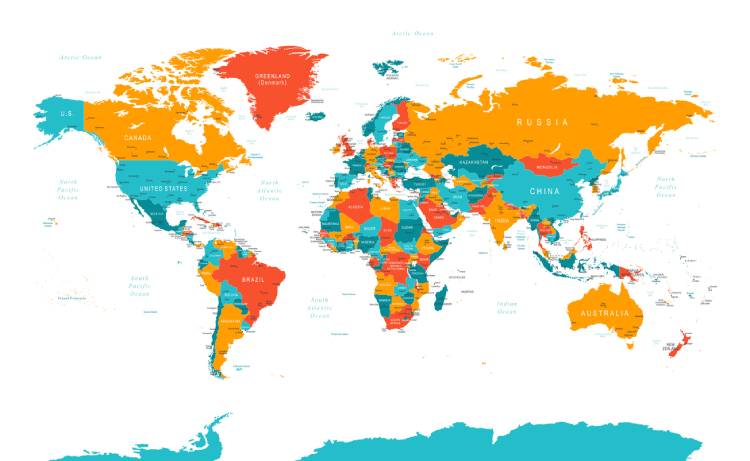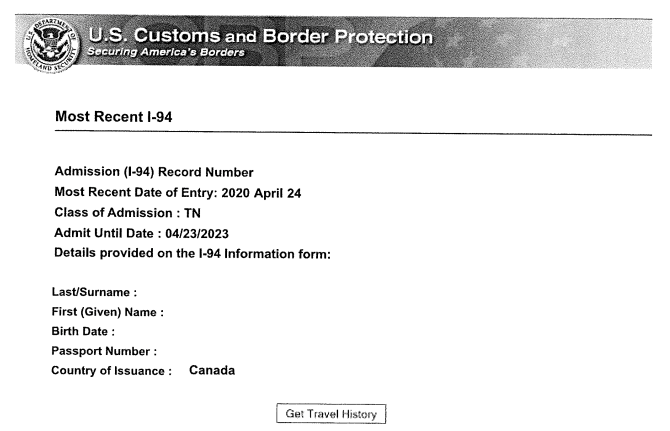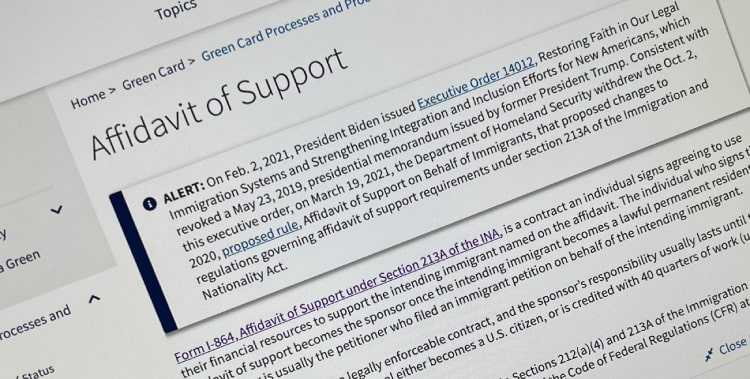Why Chargeability Matters
Chargeability rules are pivotal in U.S. immigration, especially for foreign nationals aiming to attain Lawful Permanent Resident (LPR) status. The United States allocates a limited number of immigrant visas each year. These visas are distributed based on a per-country cap, ensuring no single country dominates the pool of immigrants. High-demand countries, like India and China, frequently encounter oversubscription due to the high volume of applicants. This results in prolonged visa waiting periods, making the process arduous for individuals from these countries. The concept of chargeability plays a critical role in managing these limitations and ensuring a more equitable distribution of visas.
Chargeability
Chargeability, in U.S. immigration law, refers to assigning an immigrant visa applicant to a specific country for numerical limitations on visas. This is typically based on the applicant’s country of birth. The Immigration and Nationality Act (INA) establishes this principle to prevent any single country from overly dominating immigrant visa issuance. However, this rule has notable exceptions, especially in cases involving family relationships, which can significantly impact an applicant’s wait time for a visa.
Cross Chargeability
Cross-chargeability is an essential exception within the chargeability framework. It allows applicants to attribute their immigrant visas to a country other than their country of birth under certain circumstances. This flexibility is particularly beneficial when the applicant’s birth country’s visa quota is oversubscribed. By using a spouse or parent’s country of birth for visa chargeability, applicants can avoid longer waiting times associated with high-demand countries. This is a strategic consideration for applicants and their families, offering an alternative pathway in the face of congested visa categories.
Chargeability to a Spouse’s Country of Birth
In the case of married couples, cross-chargeability permits an applicant to be charged to their spouse’s country of birth rather than their own. This aspect of U.S. immigration law can expedite the Green Card process if one spouse hails from a country with a more favorable (less subscribed) visa quota. This policy underscores the U.S. immigration system’s recognition of the importance of family unity and offers a practical solution to circumvent long waiting periods that might otherwise separate families.
Minor Children: Chargeable to Either Parent’s Country
For minor children, the U.S. immigration policy allows the chargeability to be attributed to either parent’s country of birth. This flexibility is key in facilitating family reunification, ensuring that children can benefit from the potentially more favorable visa availability of one parent’s country of birth. This rule helps keep families together and avoids the fragmentation that could occur due to varying visa wait times based on different countries of changeability.
“Just Passing Through” Exception
The “Just Passing Through” exception is a unique provision in U.S. immigration law. It addresses cases where a child is born in a transit country or a country where the family has no substantial ties. In such situations, the child can opt to be charged to either parent’s country of birth instead of the country of their actual birth. This exception acknowledges the complexities of modern travel and family situations. It offers a solution to expedite the Green Card process, avoiding the potential disadvantages of being charged to a country with longer visa backlogs.
Conclusion
While visa chargeability rules might seem straightforward, exceptions and nuances can significantly impact the Green Card application process. Seeking professional guidance can clarify these intricate rules and ensure that all potential advantages are explored, leading to a smoother immigration journey.
Subscribe to Our Resources Blog
Schedule a Consultation with an Immigration Lawyer
Citations
- U.S. Department of State – Bureau of Consular Affairs: Visa Bulletin
- Immigration and Nationality Act (INA): INA Act – 202
- U.S. Citizenship and Immigration Services (USCIS): Green Card for Family Members
We Can Help!
The US immigration lawyers at Richards and Jurusik Immigration Law have decades of experience helping people with the marriage-based green card process. Read some of our hundreds of 5-star client reviews! Contact us today to assess your legal situation.







